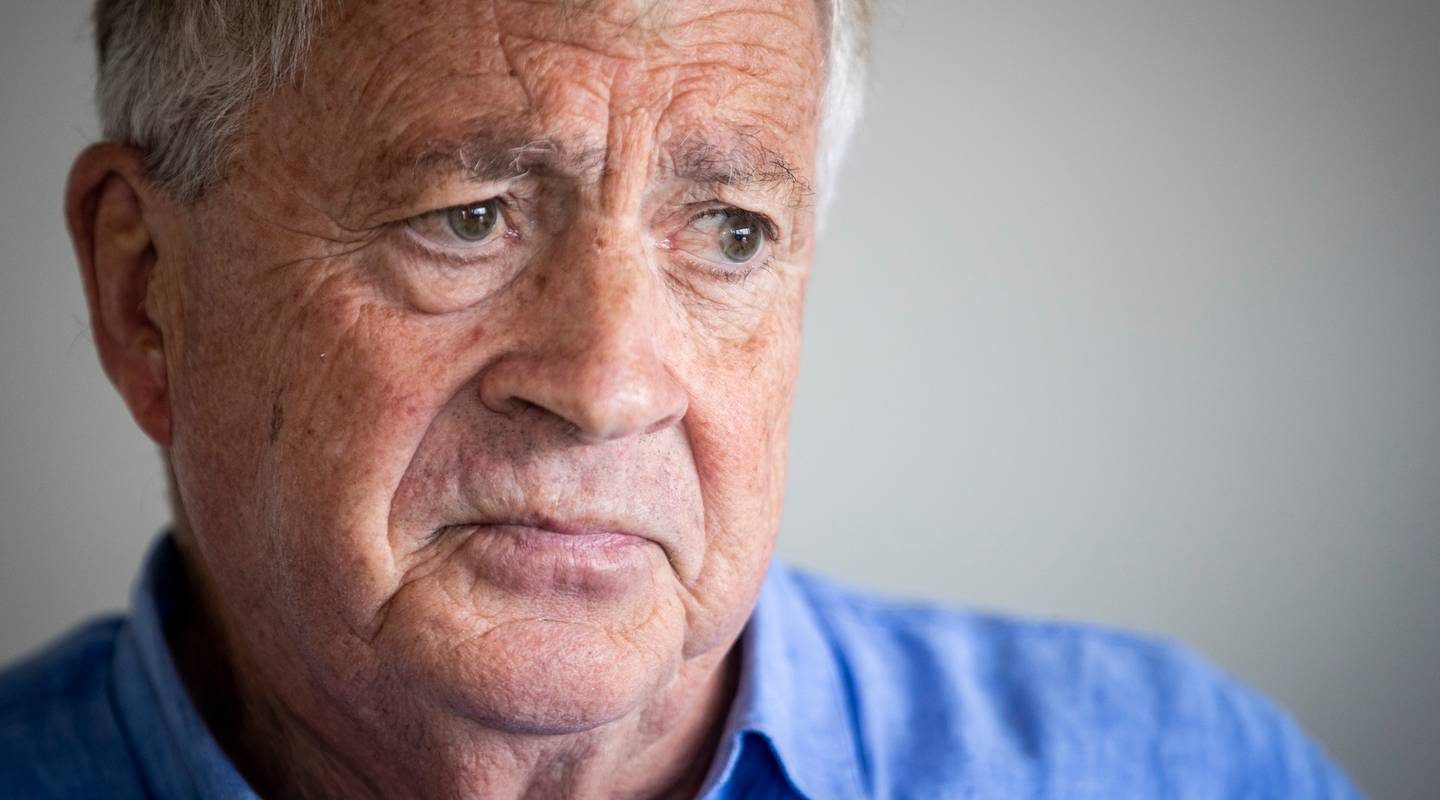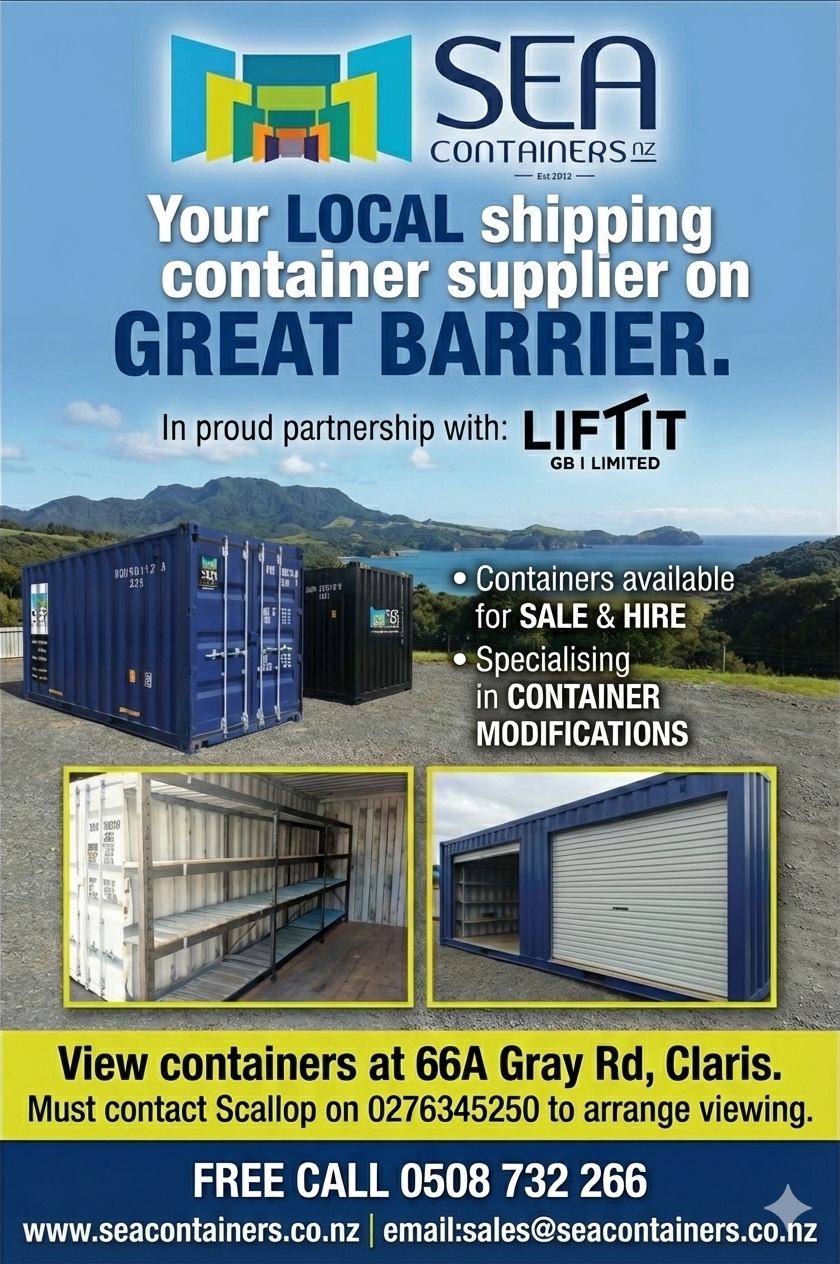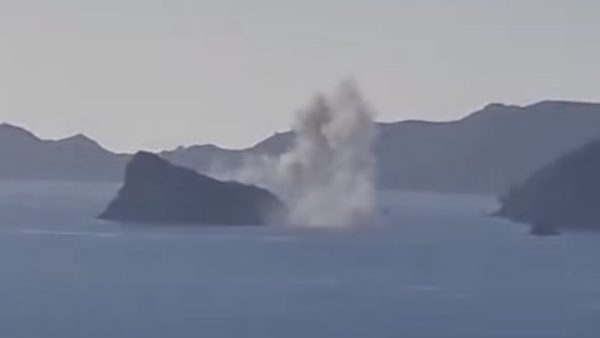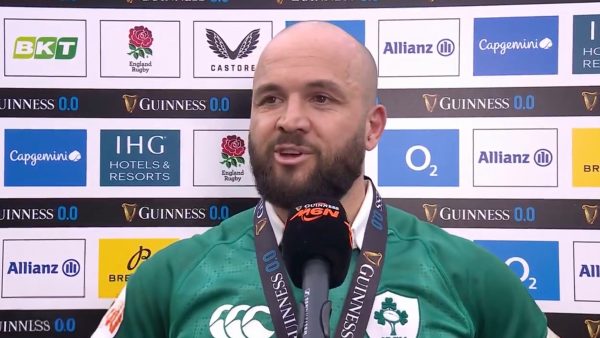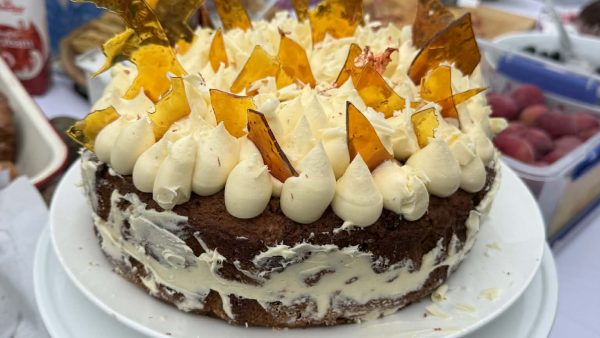Waitematā and Gulf councillor Mike Lee has pushed back at criticism of his meeting attendance, saying representing remote communities like Waiheke and Great Barrier requires time on the ground — not just “seat warming” at Auckland Council.
Lee has the lowest workshop attendance of any councillor this term — just 58.9%. These workshops are where councillors are briefed in early policy analysis, but Lee has attended barely more than half. Most of his colleagues recorded over 80% attendance.
When measured across both workshops and formal council meetings, Lee was present just 75.3% of the time — again the lowest in the council. That puts him behind Mayor Wayne Brown (79.2%) and councillors Alf Filipaina (78.2%), Greg Sayers (82.7%), and Christine Fletcher (84.2%). The average across all 21 elected members, including the mayor, was 87.4%.
Asked about the data, which was analysed by the New Zealand Herald, Lee told reporter Simon Wilson: “Your assumption that hours in meetings … are key criteria for measuring the worth of an elected member is questionable. Serving constituents is what is important in my view – not seat warming.”
He noted that the data doesn’t cover all meetings, and said his ward — which includes Waiheke Island, Aotea / Great Barrier Island, and Rākino — requires him to spend more time travelling than other councillors. He also cited other unrecorded duties.
The criticism comes just weeks after Lee’s highest-profile initiative this term was passed by Auckland Council’s planning committee: a blanket ban on new private helipads across all Hauraki Gulf islands.
The decision, which overrode a more nuanced process known as Plan Modification 16 (PM16), was described by some as politically charged, legally fragile, and likely to be rejected by central government. It was also a move that divided opinion across Lee’s own ward.
On Waiheke — where private helicopters are far more common — the policy drew praise. But on Great Barrier Island, where helipads are few and often serve essential or emergency needs, reaction was mixed.
Council officers had advised against the blanket ban, calling it potentially unenforceable, inconsistent with national policy, and premature given upcoming RMA reforms. The government had already signalled that councils should not attempt to rewrite district plans before those reforms take effect.
Great Barrier residents submitted both for and against tighter helicopter controls under PM16. But when the blanket prohibition passed, all public submissions were voided. A submission from one ratepayer called the decision “reckless, overreaching, and potentially deadly”, warning that helipad access on Aotea was a lifeline — not a luxury.
“Curtailing helipads is tantamount to curtailing rescue,” the submission said, “and the community will hold Auckland Council fully responsible for any future harm, injury, or death caused by delayed access.”
Despite this, Lee celebrated the council vote. His critics — including fellow councillor Richard Hills — were less optimistic. Hills said the decision gave “false hope” and risked wasting millions of dollars on a rule central government is unlikely to approve.
It’s not the only area where Lee’s approach has drawn scrutiny. He is also one of four councillors noted for chronic lateness to meetings. While he cited his long ferry commute, online attendance is permitted and recorded, yet his participation remains among the lowest overall.
Lee earns a base salary of $116,100 and has attended fewer total meetings and fewer total hours than most of his peers. Since late 2022, councillors have averaged 403 meetings over 956 hours. Julie Fairey attended the most hours (1079), while Wayne Brown attended the least (812).
Lee argues whether constituents on Aotea and Waiheke agree that his style of representation — deeply local, but light on attendance — is working will become clear at next month’s local elections.
AoteaGBI.news will feature profiles of all Waitematā and Gulf candidates including Lee in the lead-up to the local elections.
Postal ballots are scheduled to be delivered between 9 and 22 September.


